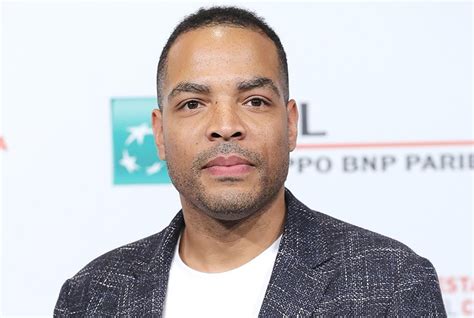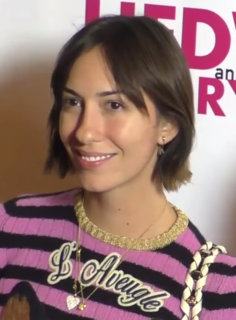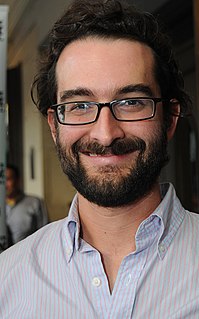A Quote by Richard King
I think you get out of film school what you put into it. If you don't care about making movies, film school will do you no good.
Quote Topics
Related Quotes
I applied [to film school] figuring, "I need to find some structure for myself. I need to find a way to figure out what kind of filmmaker I want to be." And that is what film school provides you with. It'll teach you the basics of how a production works and the technical side of how to put everything together, but you could also learn that by working on film sets.


































